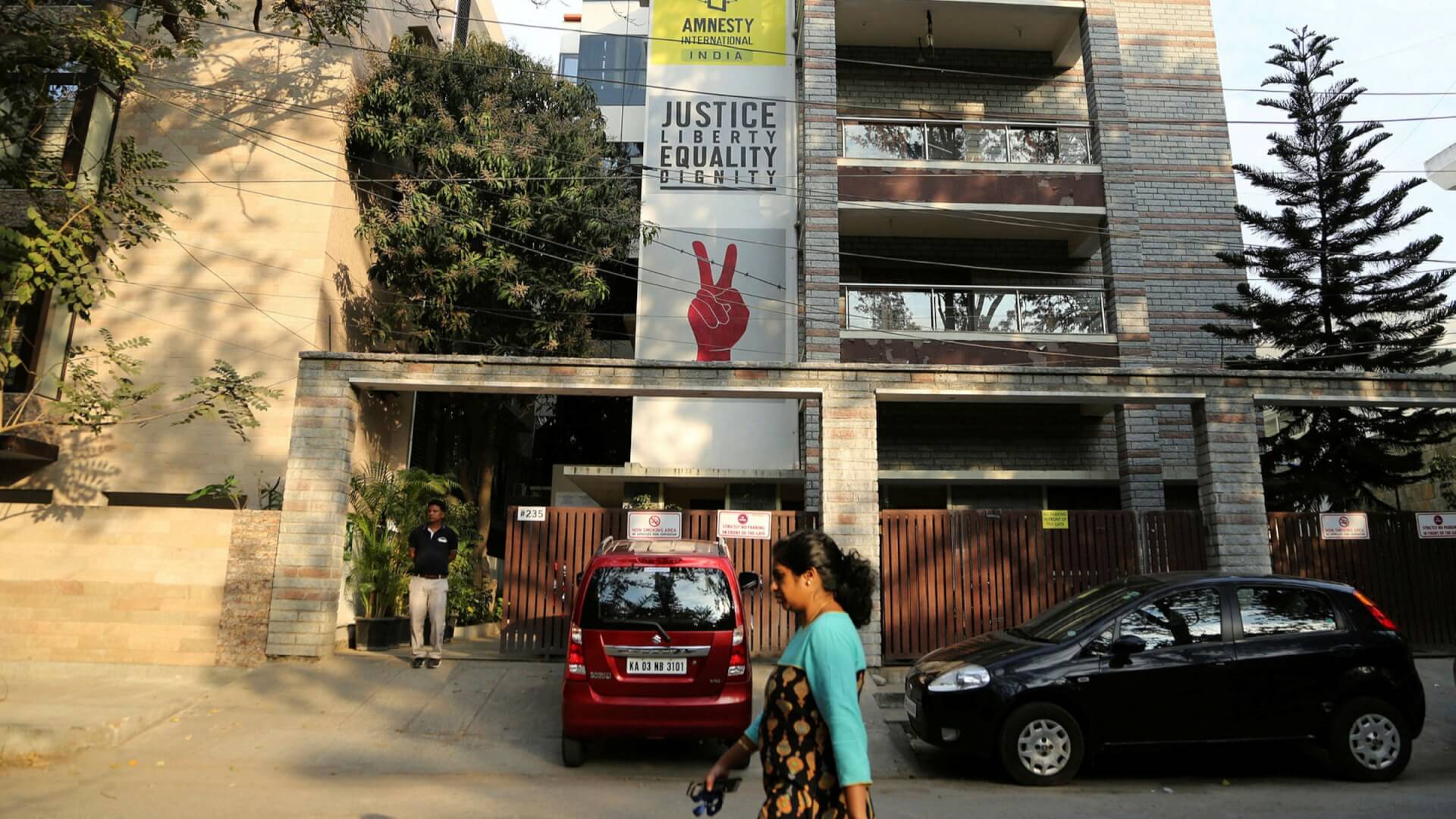Maria Arena, the chairperson of the European Parliament’s Subcommittee on Human Rights, expressed her concern about the worsening condition of human rights and the rule of law in India. Her comments were in furtherance of the recent announcement by Amnesty International (AI) to close operations of its Indian leg. She said, “It is with great concern that I have been observing the rule of law deteriorate in India, which is the very cornerstone of our special relationship.”
AI announced its decision to indefinitely halt all its operations in India on 20 September. In its statement, the organisation said that this drastic measure was a result of the “incessant witch-hunt of human rights organisations by the Government of India.” Consequently, the Indian National Human Rights Commission (NHRC), too, expressed concern about the closure of AI in India and issued summons to Ajay Bhalla, the Home Secretary and the Ministry of Home Affairs, urging them to respond to AI’s claims. AI has presented reports on several controversial issues like the abrogation of Article 370 of the Indian Constitution and the revocation of Jammu and Kashmir’s special status and the riots in Delhi following the implementation of the Citizenship (Amendment) Act.
Arena highlighted that the recent policies introduced by the Indian government, such as “citizenship verification and discriminatory citizenship laws,” which also caused widespread protests in December 2019, have been imposing “increasing pressure” on minority communities, specifically Muslims. She particularly called upon India to meet its commitments to the “promotion and protection of human rights” as a sitting member of the Human Rights Council. Further, she urged the European Union (EU) to address the issue through the EU-India Human Rights Dialogue. Previously, the foreign affairs and security policy spokesperson for the European Union, Nabila Massrali, responded to AI India’s decision to close operations in the South Asian country by unequivocally supporting the work done by the organisation for promoting and protecting human rights across the world.
Similar concerns were also raised by the United States (US) and the United Kingdom (UK). On September 30, during a press briefing, an unnamed senior state department official said that the US Congress and President Donald Trump’ administration were “very, very closely following the issue.” The official further added, “We look forward to a response and a resolution to this situation that’s consistent with international principles and the rule of law.” Similarly, the British High Commission said, “The UK’s Minister for South Asia and our Acting High Commissioner in New Delhi met Indian Government representatives after Amnesty International India’s accounts were frozen, to emphasise the importance of organisations like being able to continue their important work.”
Responding to the concerns raised by the aforementioned countries, Anurag Srivastava, the spokesperson for the Indian Ministry of External Affairs, said, “NGOs are expected to adhere to all our laws including in respect of foreign funding. Just as they would in other countries, including the US and EU. We expect other governments will not condone contravention of Indian laws by any entity.”
The decision by Indian authorities to freeze AI’s bank accounts due to alleged violations of Indian laws was the immediate cause for the watchdog’s departure from the country. However, the organisation has been under pressure from the Indian government for a while now, and in September, its former Executive Director was arrested by Indian authorities for “posting offensive tweets.” The organisation has also been subject to several raids by the Enforcement Directorate, Central Bureau of Investigation and the Income Tax Department, with the authorities alleging violations of federal laws like Foreign Contribution Regulation Act and Prevention of Money Laundering Act.
EU Human Rights Body Expresses Concern Over Amnesty International’s Closure in India
Maria Arena, the chair of the Human Rights body, urged India to respect its commitment to the "promotion and protection of human rights" as a sitting member of the Human Rights Council.
October 9, 2020

Amnesty International's office in New Delhi. SOURCE: ASSOCIATED PRESS
